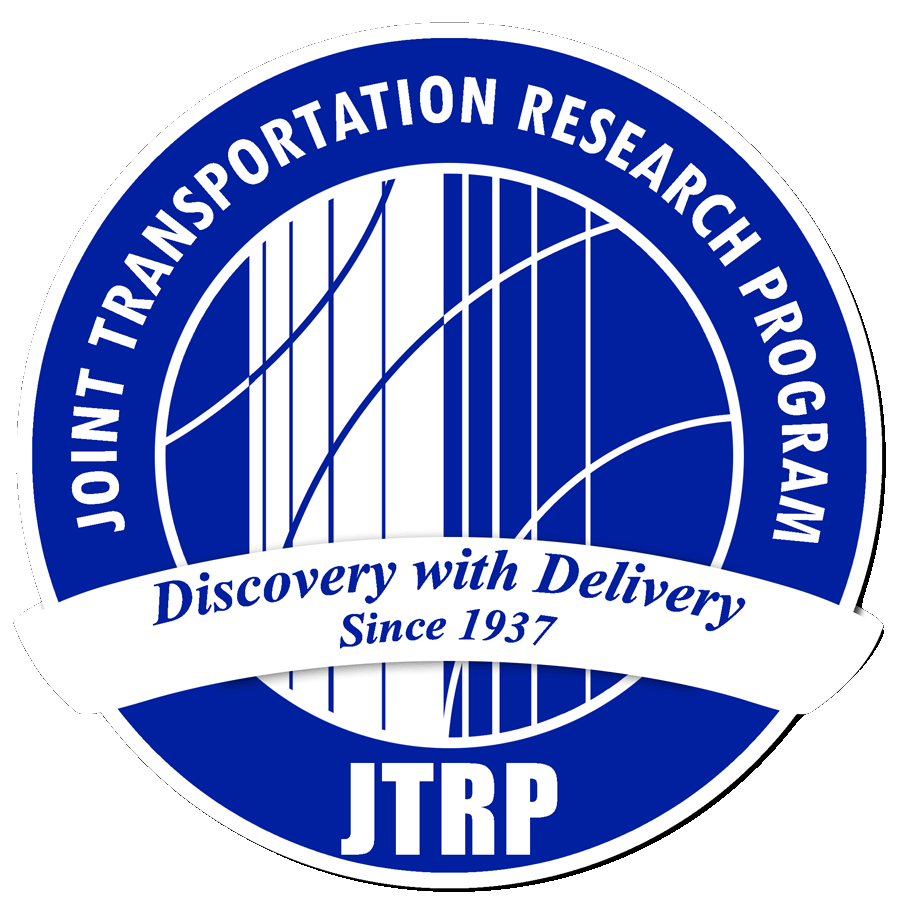Abstract
Performance measures play a critical role in the operation of Intelligent Transportation Systems (ITS), because they provide feedback to the operators regarding system operations and efficiency. Traffic management systems use archived data, provided by various sensors, as a basis for describing normal conditions and predicting traffic conditions that may be expected at a particular time and place in the highway system. However, data quality is one of the principal concerns of archived ITS data users for the following reasons: 1) Manual inspection techniques are unable to detect significant errors because of the large volume of ITS data; 2) Only minimal error detection can be performed as the data is being collected; 3) Sensors may only fail intermittently and not affect long-term averages; 4) Sensor failures may be masked by congestion or incidents. This project examined several quality control issues on one of the nation’s busiest sections of Interstate, the Borman expressway (I-80/94). Various tests such as speed and volume comparisons, data availability and average effective vehicle length test were developed and applied, revealing significant inconsistency in data quality provided by different detection technologies. Results that document these problems are presented in this study and causes of non-random changes are identified. Finally, several recommendations for improving construction and configuration procedures are proposed. Several simple performance metrics are also documented that transportation agencies can use to assess the quality of traffic data and sustain that quality over time.
Keywords
freeway sensors, performance metrics, detection technologies, quality control protocol, SPR-2713
Report Number
FHWA/IN/JTRP-2004/37
SPR Number
2713
Performing Organization
Joint Transportation Research Program
Publisher Place
West Lafayette, IN
Date of Version
2004
DOI
10.5703/1288284313287
Recommended Citation
Achillides, C. D., and D. M. Bullock. Performance Metrics for Freeway Sensors. Publication FHWA/IN/JTRP-2004/37. Joint Transportation Research Program, Indiana Department of Transportation and Purdue University, West Lafayette, Indiana, 2004. https://doi.org/10.5703/1288284313287Project Number
C-36-17NNN
File Number
08-04-66


